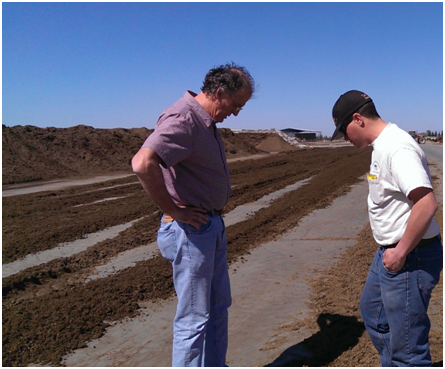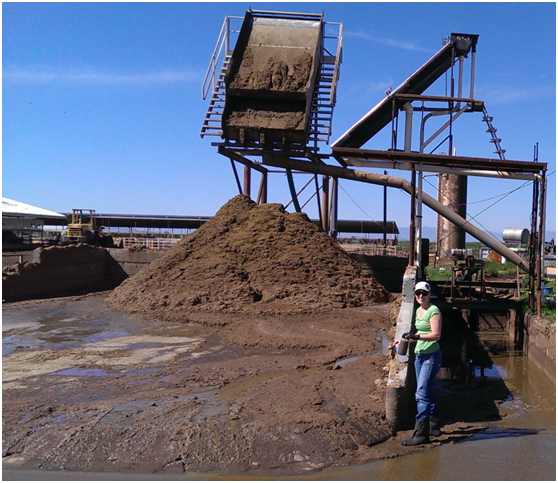Animal waste borne pathogens is a serious issue in California. Animal waste pathogens can potentially cause health risk to human by contaminating food and water. Controlling pathogen levels in animal waste such as dairy manure requires improving our existing understanding of pathogen occurrences and survival in dairy manure. Currently we are visiting dairy farms in Merced, Napa, Glenn, Tulare, and King Counties and collecting dairy manure samples. The samples are for developing the assay of dairy manure pathogens such as E. coli, Salmonella, and L. monocytogenes.
Collaborators: David Lewis (Director, Cooperative Extension, Marin County), Betsy Karle (Dairy Program Representative, Glenn County), Alejandro Castillo (Dairy Farm Advisor), and Jennifer Heguy (Dairy Farm Advisor, San Joaquin County). The preliminary data obtained in this study will be utilized for writing full research proposals, and forming collaborative research focused on controlling dairy manure pathogen levels.
Sponsor: University of California Division of Agricultural and Natural Resources (http://ucanr.edu/)

Alejandro Castillo (Dairy Farm Advisor) (left) discussing on fresh manure piles with a dairy farmer in Merced County (photo credit: Pramod Pandey)

Betsy Karle (Dairy Program Representative, Glenn County) collecting flushed slurry (photo credit: Pramod Pandey)